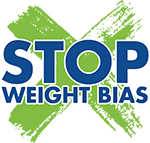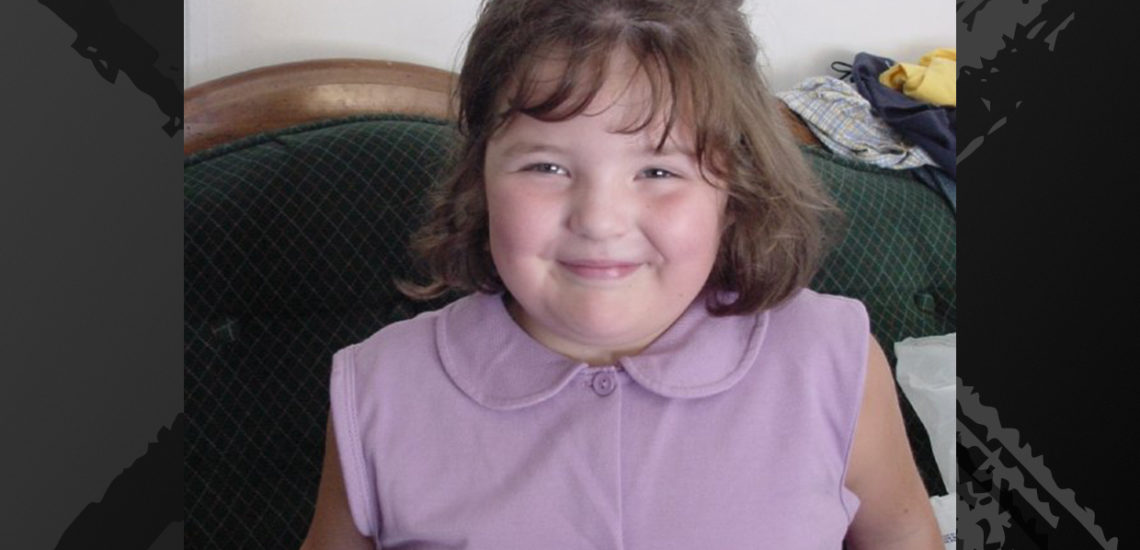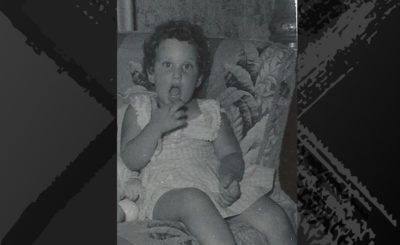The first time I remember feeling inherently guilty about my weight was after an instance of weight bias. I was in elementary school and student nurses visited our school. They lined us up, then weighed us in front of one another. After they weighed me, in front of my peers, they pulled me aside into a plain, beige room and sat me down. I remember staring at my shoes and folding my clammy hands together as the nurses told me that if I didn’t start taking my weight seriously that I would be putting myself at risk for serious health issues. In that moment, they made a blanket assumption based on my body, and I carried the weight of those assumptions and guilt for many years.
What they couldn’t have known was that my parents were going to great lengths to help me manage my weight, but they were working with limited information. When my mother tried to bring up concerns about my weight at doctor’s visits and asked for evidence-based approaches, she was met with another instance of weight bias: the physician simply told her not to feed me cookies for dinner.
Weight bias is extremely harmful, especially to children and adolescents who are at formative times in their lives in terms of creating and maintaining healthy habits. We owe them by stopping weight bias in every aspect ranging from health care to societal standards. Please join me and the OAC and #StopWeightBias





